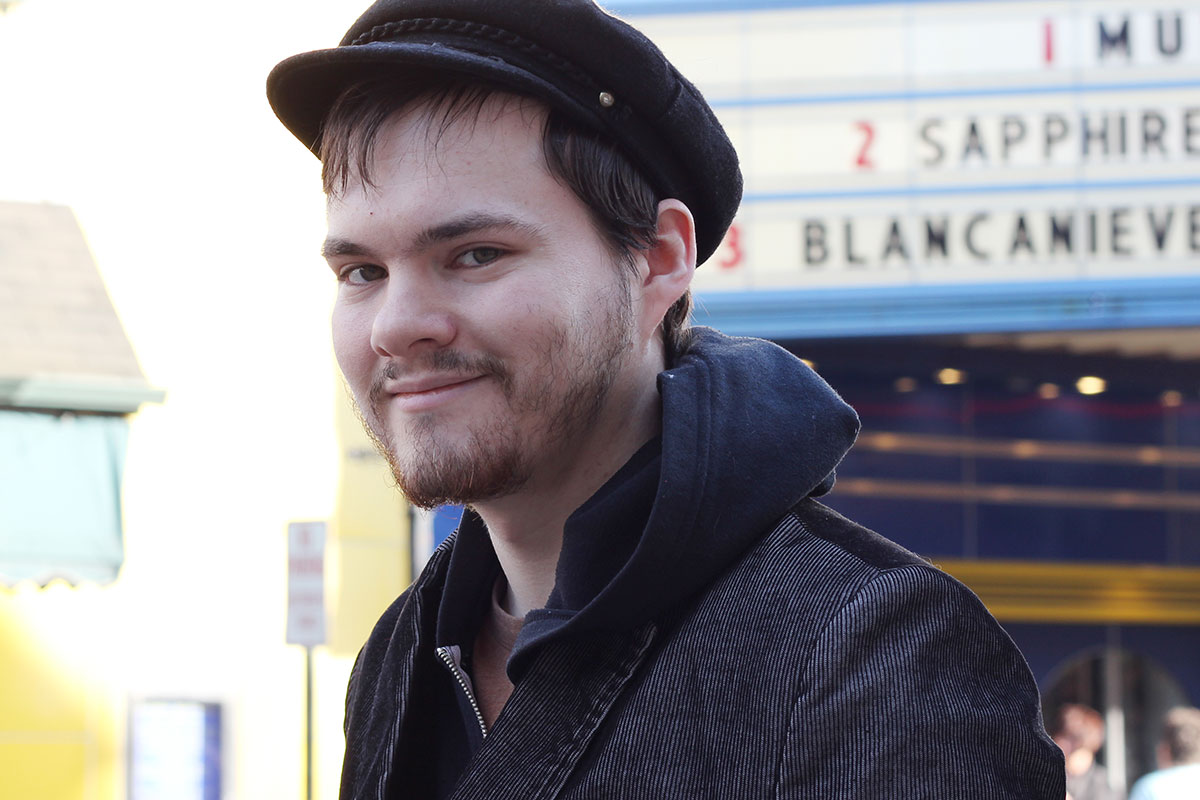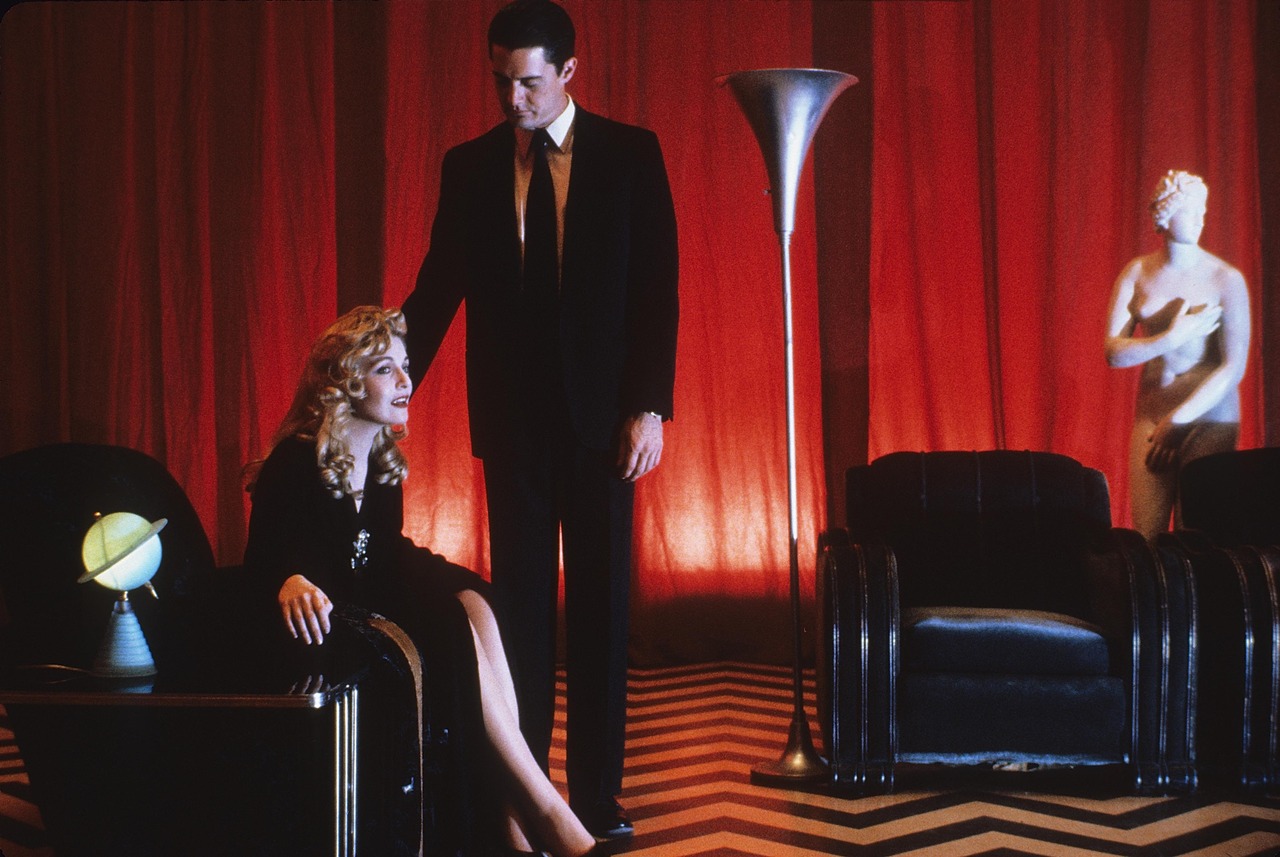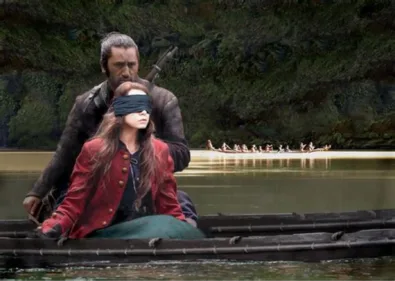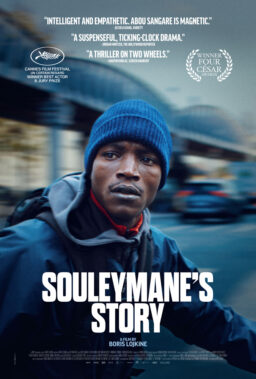I know a lot of people probably wish this essay was on a different David Lynch film. His misbegotten, psychedelic sandworm of a “Dune” adaptation, his misunderstood, Janusian acid jazz noir “Lost Highway,” maybe even his gently morbid lawnmower road movie “The Straight Story.” The truth is almost every David Lynch film could use a little reassessment. He was uncommonly lucky in that he got to produce his highly personal, highly disturbing brand of surrealist tragicomedy with blockbuster budgets and even if the public didn’t respond positively, (they frequently did not), there was a sense that he was at least fulfilling his duty as an artist and giving our culture its necessary weirdness. Like John Waters, Lynch’s perversity was accepted as a lynchpin of American film, even as the work itself was frequently rejected. Growing up I knew who David Lynch was and what he stood for long before I ever got around to watching “Eraserhead.” My parents and their friends all knew about “Blue Velvet,” quoted Eraserhead’s amazingly awkward family dinner sequence, and knew the Elephant Man’s heartrending final speech by heart.
More to the point, Lynch gave Americans something they couldn’t resist: a soap opera with a hook. Ask anyone over 40 where they were when they found out who killed Laura Palmer, there’s a good chance they’ll have an answer. I was in my basement watching the show on VHS tapes I borrowed from my friend Noah Lyons. It was 3 in the morning, I’d been watching since before midnight and I had school at 8, but no way was I going to give up before I knew who’d killed her. Americans of all stripes sat spellbound waiting for the guts of a small, pacific northwest town to be spilled before them. You can make people sit through anything if you have a hook as good as the one that drove the first season and a half of “Twin Peaks.” What you can’t do? Ask them to watch two hours of its own soul being corrupted in the form of the deceased Laura Palmer. That was a bridge too far.
“Twin Peaks: Fire Walk with Me” gave Lynch an opportunity to return to his fabled lumber town and spend time with the character that had eluded him during the show (and the actress who played her, whom he loved working with so much he wrote her back onto the show as her own doppelgänger on top of writing a new film for her). Free of TV’s puritanical dictates he could be dirtier and nastier. He could be the same unhinged madman who made “Eraserhead,” “Wild at Heart” and “Blue Velvet.” He made the first stab at the kind of film he would perfect with “Mulholland Drive“—the mirror noir, where someone’s personality is split down the middle, and the film splits with them to better showcase the differences in their personality. Heretical as it may sound, I like the rough edges of “Twin Peaks: Fire Walk with Me” to the almost too-perfect sensuality of “Mulholland Drive.” Lynch is always more interesting to me when even he seems barely in control. Though he’s drawing on a rich vein of cynical American crime thriller (“Pick-Up on South Street,” “Caged,” “Leave Her To Heaven,” “Kiss Me Deadly”) and dealing with the same loss of innocence narrative that bubbles under “Blue Velvet'”s perfect suburban vistas, “Fire Walk with Me” is richly, naked experimental. He uses bizarre lighting and editing tricks that so gallingly tap on the fourth wall they seem almost extraterrestrial, like he’s begging audiences to wonder what’s going on behind the camera. And of course, as always, he is. Not the camera, per se, but the walls of the movie house, or their living room. “Fire Walk with Me” shines a flashlight on the grimiest bits of American life, the lie we’d been living under Bush and Reagan, that what we needed was a return to family values, to lie about everything that made us uncomfortable. If “Fire Walk with Me'”s trippy screen breaking didn’t freak out Americans, then surely it’s view of the town’s favorite daughter as a cocaine snorting sex fiend surely did. He understood us better than anyone wanted to admit. “Fire Walk with Me” is America’s psychotic double life etched in blood, a horror film for a country pretending to be liberal. Lynch remains our artist, our kind of weird, whether we accept him or not. He’s got our number, and thankfully, he’s not done with us yet.
The Unloved – Twin Peaks: Fire Walk With Me from Scout Tafoya on Vimeo.
To watch more of Scout Tafoya’s video essays from his series The Unloved, click here.












